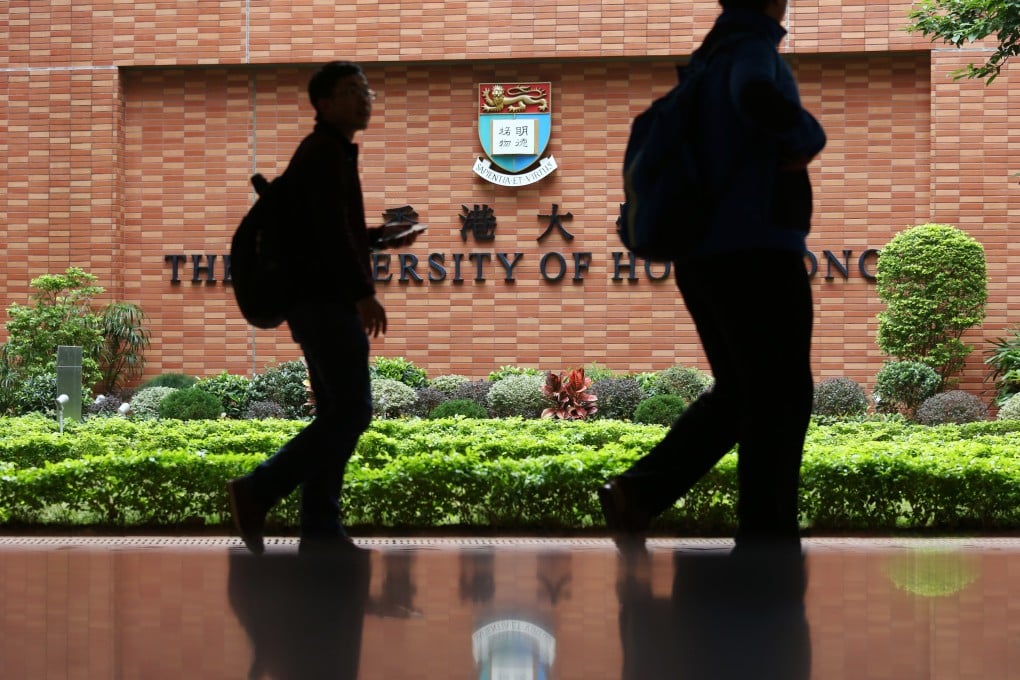
 Hong Kongs privacy watchdog has launched a criminal investigation into an AI-generated p0rn0graphy scandal involving a student at the University of Hong Kong (HKU), the citys oldest university. The case, which involves fabricated explicit images of at least 20 women, marks the citys first high-profile incident of AI-related non-consensual imagery. The Office of the Privacy Commissioner for Personal Data confirmed on Tuesday that it has begun a criminal probe, citing potential breaches of privacy laws. While the watchdog did not name the accused, it noted that disclosing someones personal data without consent and with intent to cause harm may constitute a criminal offence under Hong Kong law. The controversy erupted after three individuals came forward over the weekend, alleging that an HKU law student used artificial intelligence to create p0rn0graphic images of his female classmates and teachers. A friend reportedly discovered the deepfake content on the students laptop. HKU's decision to issue only a warning letter and demand an apology from the student drew swift public backlash. Critics described the response as inadequate, especially given the psychological harm and legal grey areas involved in AI-generated abuse. The university has since pledged to review the case and consider further action if necessary. Under current Hong Kong legislation, criminal liability is limited to the distribution of "intimate images," including those generated using AI, but not their creation. As a result, the accusers said victims may have no recourse through the citys criminal justice system if the images were not shared. The incident has sparked renewed calls for stronger legal protections against technology-enabled s3xual abuse. Womens rights advocates warned that Hong Kong is falling behind in its regulatory response. Doris Chong, executive director at the Association Concerning S3xual Violence Against Women, highlighted the emotional toll such cases have on victims. Some people who seek our help feel wronged, because they never took those photos, she said. The AI generations are so life-like that their circulation would be very upsetting. Annie Chan, a former associate professor at Lingnan University, described the case as indicative of a growing, under-addressed threat. The HKU case shows clearly that anyone could be a perpetrator. No space is 100 percent safe, she said. Hong Kong Chief Executive John Lee, responding to questions at a press briefing on Tuesday, said that most of the citys laws are applicable to online activities. However, the case has intensified pressure on lawmakers to close legal loopholes in the age of artificial intelligence.
Hong Kongs privacy watchdog has launched a criminal investigation into an AI-generated p0rn0graphy scandal involving a student at the University of Hong Kong (HKU), the citys oldest university. The case, which involves fabricated explicit images of at least 20 women, marks the citys first high-profile incident of AI-related non-consensual imagery. The Office of the Privacy Commissioner for Personal Data confirmed on Tuesday that it has begun a criminal probe, citing potential breaches of privacy laws. While the watchdog did not name the accused, it noted that disclosing someones personal data without consent and with intent to cause harm may constitute a criminal offence under Hong Kong law. The controversy erupted after three individuals came forward over the weekend, alleging that an HKU law student used artificial intelligence to create p0rn0graphic images of his female classmates and teachers. A friend reportedly discovered the deepfake content on the students laptop. HKU's decision to issue only a warning letter and demand an apology from the student drew swift public backlash. Critics described the response as inadequate, especially given the psychological harm and legal grey areas involved in AI-generated abuse. The university has since pledged to review the case and consider further action if necessary. Under current Hong Kong legislation, criminal liability is limited to the distribution of "intimate images," including those generated using AI, but not their creation. As a result, the accusers said victims may have no recourse through the citys criminal justice system if the images were not shared. The incident has sparked renewed calls for stronger legal protections against technology-enabled s3xual abuse. Womens rights advocates warned that Hong Kong is falling behind in its regulatory response. Doris Chong, executive director at the Association Concerning S3xual Violence Against Women, highlighted the emotional toll such cases have on victims. Some people who seek our help feel wronged, because they never took those photos, she said. The AI generations are so life-like that their circulation would be very upsetting. Annie Chan, a former associate professor at Lingnan University, described the case as indicative of a growing, under-addressed threat. The HKU case shows clearly that anyone could be a perpetrator. No space is 100 percent safe, she said. Hong Kong Chief Executive John Lee, responding to questions at a press briefing on Tuesday, said that most of the citys laws are applicable to online activities. However, the case has intensified pressure on lawmakers to close legal loopholes in the age of artificial intelligence.


0 Comments